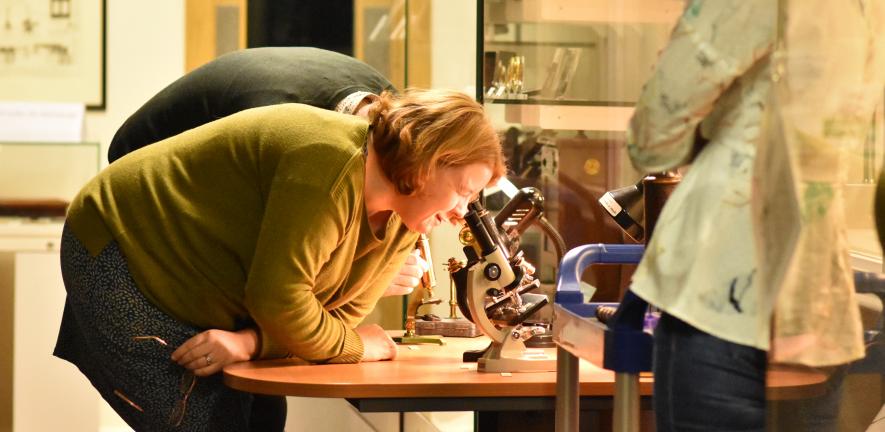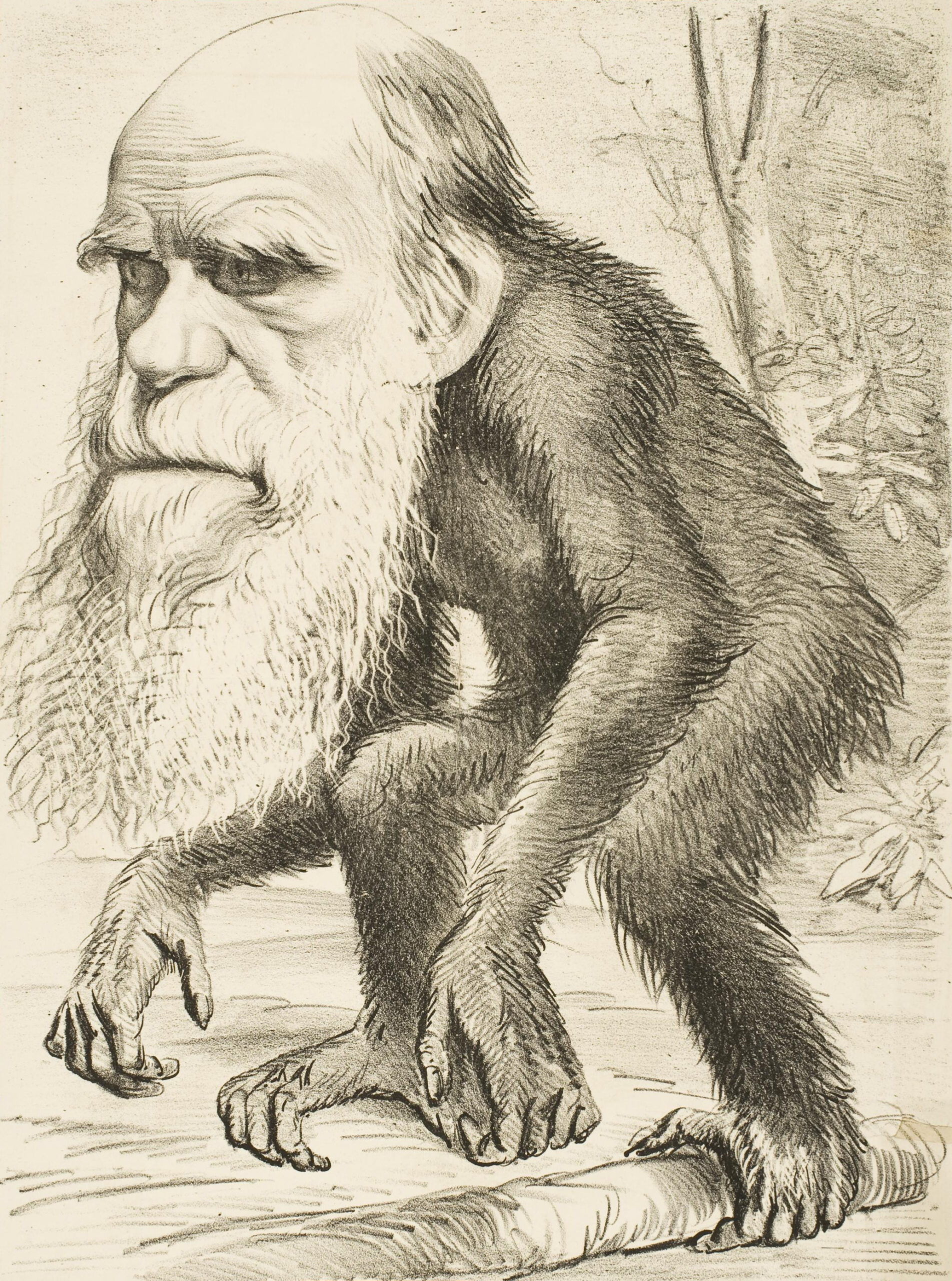Studying HPS at Cambridge
- How many are admitted each year: 40
- This course is only open to current Cambridge students who can apply for the Part 1B, Part II and Part III HPS courses.
Technology, medicine and the sciences shape and dominate much of modern life. While many get specialist training in these fields, we all live in a world where the results of scientific inquiry and technical programmes matter. The challenges of learning and applying scientific techniques and principles raise fundamental and exciting questions about our ways of understanding the world. It is crucial that as citizens we are as well-equipped as possible to understand and debate how these enterprises work and what they mean.
Many of the most urgent public problems facing us now rely on very basic claims about how we get reliable knowledge and whom we should trust. History and Philosophy of Science (HPS) helps students think about these questions as they occur in the major debates around the sciences, from climate change to health inequalities.
The largest university department of its kind in the UK, the Department of History and Philosophy of Science at Cambridge has an outstanding international reputation for teaching and research. The HPS Department offers students a range of courses in their second, third, and fourth years at Cambridge.
Studying HPS offers students the chance to gain important insights about the condition of the sciences, of technology and of medicine. Students are trained to employ methods from history, philosophy and the social sciences, as well as techniques of interpretation and argument, communication and critical analysis. These are indispensable skills throughout the Tripos.
What can I do with a degree in HPS?
The skills developed on the HPS course are increasingly valuable in an epoch when social, biomedical and environmental transformations pose such major challenges to public knowledge and expert authority. Graduates in HPS have successfully won places as researchers and activists, science educators and journalists, exhibition curators and media professionals and experts in science and technology policy.

Studying HPS at St Edmund’s College
History and Philosophy of Science is available as an option for students in their second, third, and fourth year at Cambridge. There are a number of different routes into the subject. Students on the Natural Sciences Tripos can choose HPS as one of their three Part IB (second year) subjects and then as their full-time Part II (third year) subject. Biological and Biomedical Sciences students can take a major in History and Philosophy of Science and Medicine, or single paper options as minor subjects. HPS papers can also be taken as part of Classics, History, HSPS (Human, Social and Political Sciences), PBS (Psychological and Behavioural Sciences), or Philosophy. HPS is also offered as a Part III (fourth year) course. More information on course options is available on the HPS Department website. Lectures and supervision are organised through the HPS Department, but students at all levels receive academic support in college from the HPS DoS.
The HPS community at St Edmund’s is small but lively. The college has several Fellows active in research in this area, and attracts large numbers of postgraduate students every year. You can expect conversations with members on such topics as the ethics of Artificial Intelligence, medieval philosophy, the history of astronomy and planetary science, or the politics of public health. There is a rich tradition of interest in the relationship between science and religion through the Von Hügel Institute for Critical Catholic Inquiry.
How to Apply
It is only possible for current Cambridge students to apply for the Part 1B, Part II and Part III HPS courses; you need only register your choice on CamSIS. To apply for the (fourth year) Part III, students will need to submit a short statement of interests, an unofficial transcript, a college letter of support, and a reference from the current Director of Studies.
What is a typical Term’s work
Perhaps a caveat that because teaching at Cambridge is geared towards the individual needs of each student this is a difficult question to answer. Yet, a typical term in the first (or first two?) years might involve the following:
Students are expected to attend lectures and supervisions and pursue appropriate amounts of private study and preparation work for their papers and project work both during term and in the Christmas and Easter vacations. Across the year, Part IB students have 60 hours of formal teaching and 24 hours of supervision, leaving 216 hours for private study and preparation for supervisions specific to HPS (approximately 10 hours per week). For further details on the course structure and workload, please see the HPS website.
People
- Dr Salim Al-Gailani, Director of Studies
- Dr Simon Mitton, Life Fellow at St Edmund’s College and College Fellow, Department History and Philosophy of Science


